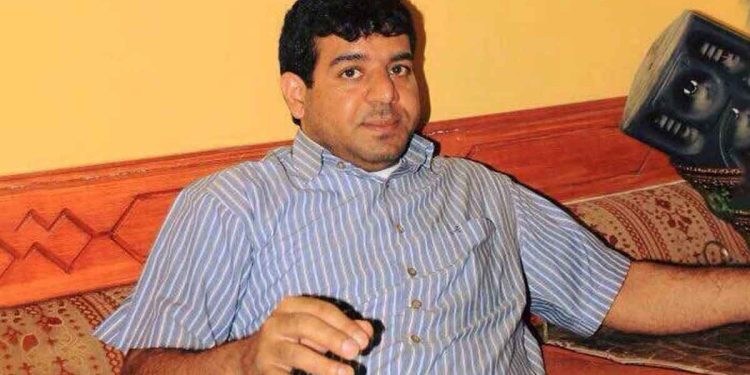The United Nations Working Group on Arbitrary Detention (WGAD) published an opinion on its website it adopted during its ninety-fourth session concerning Husain Bin Abdulla bin Yusuf AlSadeq, a 47-year-old Saudi social activist who is currently arbitrarily detained in Saudi Arabia.
AlSadeq, who is from Tarout Island in the Eastern Province of Saudi Arabia, was involved in religious associations, voluntary charitable committees, and the organization of religious and cultural events, activities, and lectures in AlQatif, the WGAD reads.
He was summoned to the Tarout police station and was warrantlessly arrested on false allegations of insulting the King and Government during a conversation with the mayor of Tarout regarding the 2015 stampede at the annual Hajj pilgrimage in Saudi Arabia. This tragedy caused the death of more than 2,400 pilgrims.
He was later sentenced to 9 years in prison in 2018, which was reportedly increased to 13 years following an appeal in 2021.
WGAD affirmed that AlSadeq’s detention had been arbitrary due to clear violations of due process and fair trial rights as well as its connection to the exercise of his right to freedom of thought, opinion, and expression, rendering his detention a discriminatory act.
Due to the gravity of the violations, the Working Group has referred his case to the Special Rapporteur on torture and other cruel, inhuman or degrading treatment or punishment, the Special Rapporteur on the independence of judges and lawyers, the Special Rapporteur on freedom of religion or belief, for appropriate action.
In its Opinion No. 62/2022, adopted on 2 September 2022, the Working Group identified the multiple categories under which AlSadeq’s deprivation of liberty fell, and which also revealed violations of international laws and standards.
As such, the Working Group has requested the Government of Saudi Arabia to take the necessary steps to remedy the situation of AlSadeq without delay and to bring it into conformity with the relevant international norms. The Working Group set out the appropriate actions in this case as follows:
“Release Mr. AlSadeq immediately and accord him an enforceable right to compensation and other reparations, in accordance with international law. In the current context of the global coronavirus (COVID-19) pandemic and the threat that it poses in places of detention, the Working Group calls upon the Government to take urgent action to ensure the immediate unconditional release of Mr. AlSadeq.”
The Working Group determined that AlSadeq’s warrantless arrest on 1 October 2015 violates article 9 of the Universal Declaration of Human Rights, and articles 9 and 14 of the Covenant. It further determined that AlSadeq was not allowed to hire a lawyer for the first two years of his arrest. When he was finally allowed to appoint a lawyer, the latter could not request a session with his client and could only see him in court, hindering his ability to prepare for trial.
AlSadeq was held in solitary confinement and incommunicado detention during a period of investigation of three months at Mabahith prison, where he allegedly confessed to the charges attributed to him under torture.
Additionally, the Working Group recalls that article 29 (2) of the Universal Declaration of Human Rights provides that the only legitimate limitations to the exercise of one’s rights and freedoms must be for the purposes of securing due recognition and respect for the rights and freedoms of others and meeting the just requirements of morality, public order and the general welfare in a democratic society.
The Working Group notes the failure of the Government to explain how the actions of AlSadeq required the imposition of any restrictions under the justifications listed in Article 29 (2) of the Universal Declaration. In fact, the Government has provided no account of any actions of AlSadeq which may have amounted to a criminal act. The Working Group thus found that AlSadeq’s deprivation of liberty falls under Category II.





























